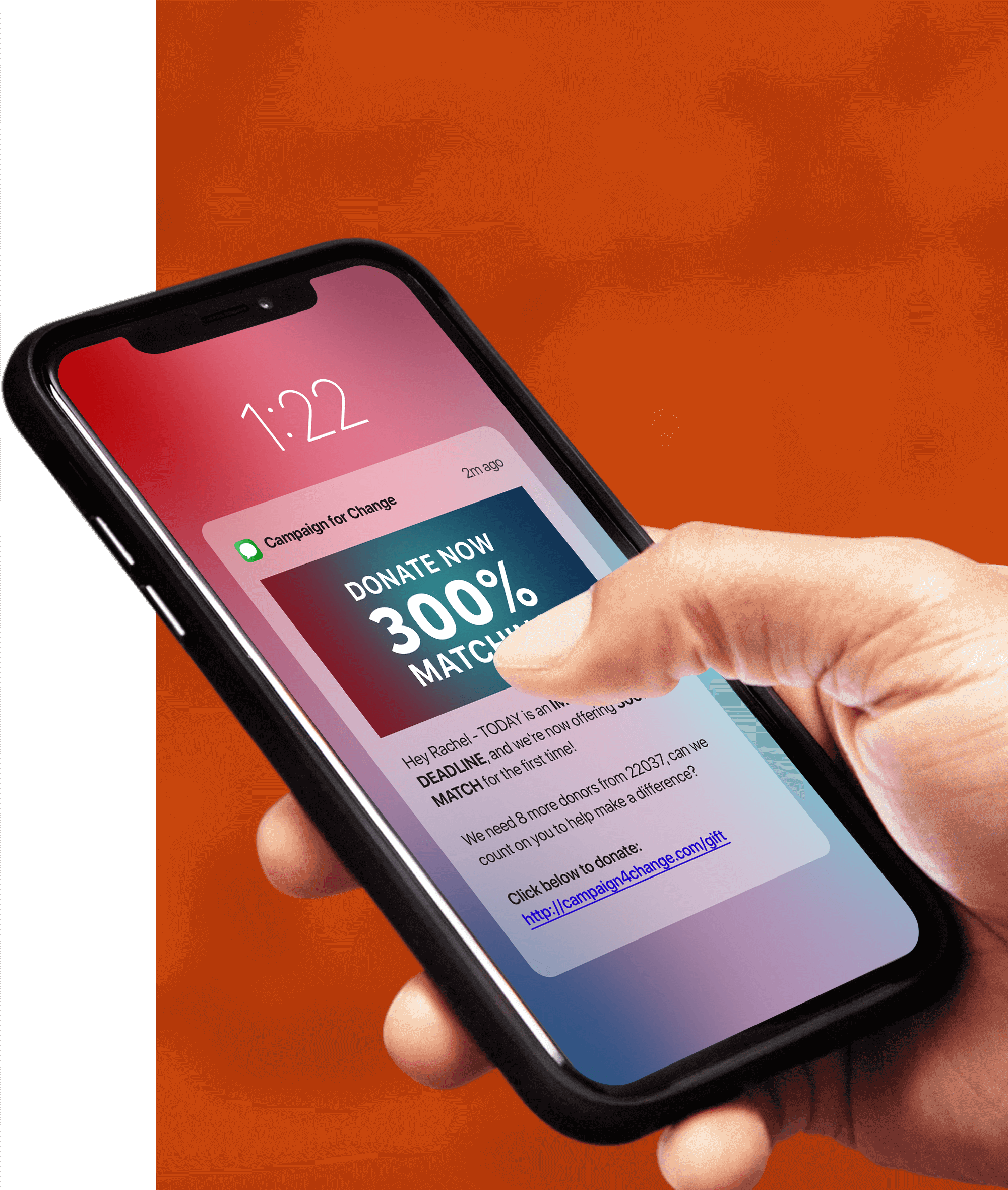652 Views
This video is brought to you by Innovista Law, home to the TCPA Defense Force. Innovista's lawyers have helped companies navigate potential TCPA landmines through effective risk-mitigation and compliance strategies.
To learn more about the TCPA and their services, visit www.tcpadefenseforce.com/tatango-partnership
On April 1, 2021, in a town where few people can agree on anything, the Supreme Court of the United States (SCOTUS) unanimously sided with Facebook.
In ruling on Facebook v. Duguid, SCOTUS gave the SMS marketing industry some good news: text message marketers could expect to see fewer frivolous class-action lawsuits focusing on automated telephone dialing systems (ATDS). However, it’s by no means open season on the Telephone Consumer Protection Act (TCPA).
How Facebook v. Duguid Became a Supreme Court Case
According to reports, Noah Duguid was assigned a new cell phone number in 2014 and started getting login account alerts from Facebook in the form of automated text messages. Duguid did not have a Facebook account, and these messages were presumably directed at the previous owner of that phone number. Duguid asked Facebook to stop the messages, but the messages did not stop.
Duguid filed a class-action lawsuit against Facebook in 2015 in the United States District Court for the Northern District of California. The lawsuit alleged that, since he didn’t have a Facebook account, he hadn’t opted in to receive the messages. Thus, Facebook was violating the TCPA prohibition against automatic telephone dialing systems. The Federal Communications Commission (FCC), administrators of the TCPA, previously ruled that SMS and MMS messages fall under TCPA legislation since they’re delivered over cellular lines; thus, they’re considered with the same regard as phone calls. Facebook could receive fines of $500 to $1,500 for each text they sent Duguid. Because it was a class-action lawsuit, Facebook could also be fined for similar messages the firm sent to other cell phone owners. Damages could potentially add up to billions of dollars.
Facebook lost the initial case, then lost again on appeal. They took it to the Ninth Circuit Court of Appeals and lost again. The Supreme Court was the next step.
Defining an Automated Telephone Dialing System
For many years, the FCC and the courts defined an automated telephone dialing system as any system or device that could automatically dial from a database of stored numbers. Indeed, in ruling against Facebook, the Ninth Circuit Court of Appeals based its rulings on historical interpretations of the TCPA.
Facebook argued that these interpretations were very broad. Their appeal maintained that when the TCPA was enacted in 1991, it was aimed at systems that used a random or sequential number generator that either stored or produced numbers. That was the technology in 1991. Facebook’s system, and most systems in use today, don’t have random or sequential number generators. That technology is virtually obsolete.
In her opinion, Justice Sotomayor observed that “expanding the definition of an autodialer to encompass any equipment that merely stores and dials telephone numbers would take a chainsaw to these nuanced problems when Congress meant to use a scalpel.” She went on to point out that the broad definition “could affect ordinary cell phone owners in the course of commonplace usage, such as speed dialing or sending automated text message responses.”
Industry observers praised the decision, noting that most class-action lawsuits of this type target large companies with lots of assets and are filed by attorneys who make this the focus of their business. They ignore the fly-by-night violators who are the real perpetrators.
What SMS Marketers Can Learn
Industry experts point out that the SCOTUS decision was a narrow one. The burden is still on businesses to ensure they’re not violating the TCPA. The 1991 legislation is extensive, but its three main thrusts are:
- A prohibition of automated telephone dialing system calls, including to those who haven’t opted in.
- A ban against artificial and pre-recorded voice calls (robocalls).
- No calls to phone numbers on the National Do-Not-Call register.
For SMS marketers, the TCPA transfers to text messages, in that businesses cannot message people without written consent, nor require consent as a condition of purchase.
Learn More About TCPA Requirements
Tatango has been an industry leader for more than 13 years. Our text message marketing platform includes features designed to help you meet TCPA consent requirements to reduce your risk of litigation. Stay informed of TCPA regulations with our TCPA survival guide ebook.
